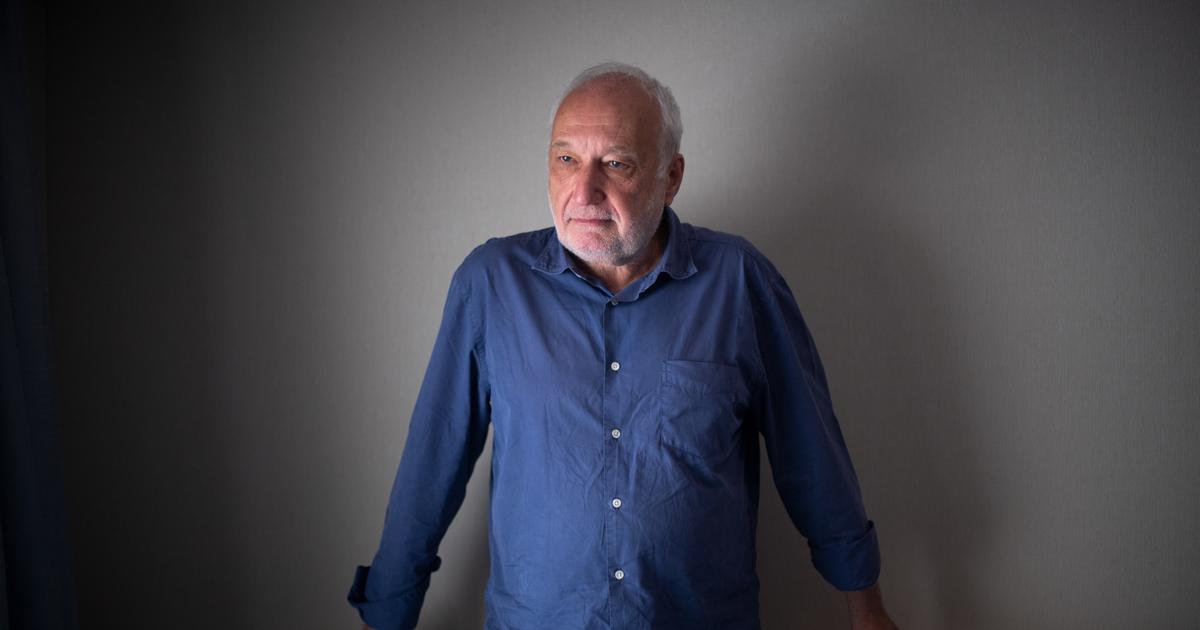The Moosinninger district of Eichenried, which until then was called Moosinninger Moos, officially got its name on August 9, 1922.
Almost exactly 100 years to the day later, the "Mösler" celebrated this historic event.
Eichenried
– The Mayor of Eichenried, Moosinning's Deputy Mayor Werner Fleischer, welcomed the guests in the festively decorated and well-filled Weindl Hall.
"Let's celebrate a festival and forget everyday life, let's not think about war or a pandemic," he said and handed over to Mayor Georg Nagler.
He tapped a keg of beer for the first time and was happy "that it went over the stage relatively accident-free".
(By the way: everything from the region is now also available in our regular Erding newsletter.)
In his speech, Nagler reported that he had always been of the opinion that place names arose from history, that they arose from a local family or from local conditions, such as "ford" or "mountain".
In Moosinninger Moos, however, “the residents there no longer just wanted to be the people of Moos, but wanted to have their own name.
I was never aware of that before.” It was also about giving the church a place.
100 years of the place name Eichenried: "People fought for it"
"It was a nine-year process, and people fought for it," said Nagler appreciatively.
The royal government rejected the name Eichenried because there was already an Eichenried in the district of Aichach.
People already had ideas like Kleineichenried or Pschorrkirchen when the name Eichenried was approved after nine years.
“One notices: history is not given.
That impressed me,” says Nagler.
He named Renate Schraufstetter on behalf of all the volunteers who helped with the celebrations.
What she has achieved, alone at the anniversary exhibition, is worthy of all honor.
"You can see the passion and love for the community behind her," says Nagler.
All Eichenrieder would have continued the tradition of the people from the former Moosinninger Moos.
The cohesion shows: "We are not just the Mösler." This cohesion was also shown at the anniversary: "All clubs were there immediately."
+
Musical memory: The "Möslerlied", performed by members of the church choir, was very well received.
© Wolfgang Krzizok
"Even I could learn something about Eichenried," said Fleischer with a laugh.
Together with Barbara Gruber, he presented flowers to Steffi and Fanny Weindl as a thank you for the fact that the family had made the hall and the necessary equipment for setting up the stage and decoration available free of charge.
This is also an example of how the Eichenrieders stick together.
Organizer Schraufstetter gave an insight into the history of Eichenried in two short presentations with slides, and also looked back at the history of the church and the clubs in Moos.
After that it was called "Bühne frei" for the short one-act play "Das Moos", which takes place in 1867 and was written by Pastor Josef Forster.
Nepomuk (Peter Bauer), the binder Max (Christoph Stangl), the steer Sepp (Jürgen Lehrhuber) and the burner Sepp (Leo Brenninger) meet at the Zengerwirt (Hubert Scheckenhofer) and talk about how difficult their life is in the Moos and above all the peat cutting is.
100 years of the place name Eichenried: "Please don't let the Mösler song die"
"How can you build in the moss, everything drowns there," says Binder, and Nepomuk tells how unpopular the Mösler are: "Once I was in Moosinning, they locked the doors so that the Mösler couldn't get in .” And the steer Sepp asks himself: “What did I do wrong that I ended up in the moss?” The binder is asked how he manages all this with his children.
"As soon as they are twelve years old, they have to go out and find something and stand on their own two feet," he explains.
When it rains in the moss, "it washes the fish in by the front door," says Brenner and summarizes: "Anyone who goes into the moss is a fool - there are only shrubs and water!"
The "Möslerlied", performed by, according to Fleischer, "women from Eichenried who love to sing - and there is also one from Eicherloh" was the next highlight.
"It's sung far too rarely," said Fleischer: "Please don't let the song die.
Keep it from being forgotten.”
Then it was the turn of the Catholic Women's Community.
Bärbel Kübelsbeck, Annemarie Limmer and Angela Schimpf performed a sketch that Schraufstetter wrote and which dealt with the naming of Eichenried: "How it was, or could have been".
Limmer, whose face was adorned with a rich violet ("I hob heid scho grafft!"), philosophized with her friends about the name Moosinninger Moos, which is already "a Gfrett".
"In front of a moss, behind a moss, in the middle louder 'n'" - that's not a name.
In addition, you can "Moosinninger Moos ned on boarisch song".
+
How it could have been (from left): Bärbel Kübelsbeck, Angela Schimpf and Annemarie Limmer played in Renate Schraufstetter's sketch.
© Wolfgang Krzizok
"Torfdorf", "Torfbahnhausen" and "Moosing" were some of the suggestions they threw out.
"Well, no moosing, otherwise I'll be confused with moosinning," said the women, shaking their heads, to which there was thunderous applause from the audience.
Via “Josefseich” and “Königseich” the trio ended up with “Eichenried”, the suggestion that Herta König, owner of the Pschorrgut, ultimately made.
"And the best thing is that you can pronounce it in Bavarian: Oachariad!" The three women stated with a lot of laughter.
Schraufstetter thanked the actresses and reported that Limmer's violets were by no means made up: "While building the peat hut, a beam fell on her face," she revealed.
"That was a crowning and humorous conclusion," emphasized Fleischer, beaming all over his face.
As an encore there was the "Möslerlied" again before the official part was over.
On Sunday, a festive service followed by a white sausage meal took place.















/cloudfront-eu-central-1.images.arcpublishing.com/prisa/GP2ZXWJRROQQUNBAGJPH3WIOVQ.jpg)